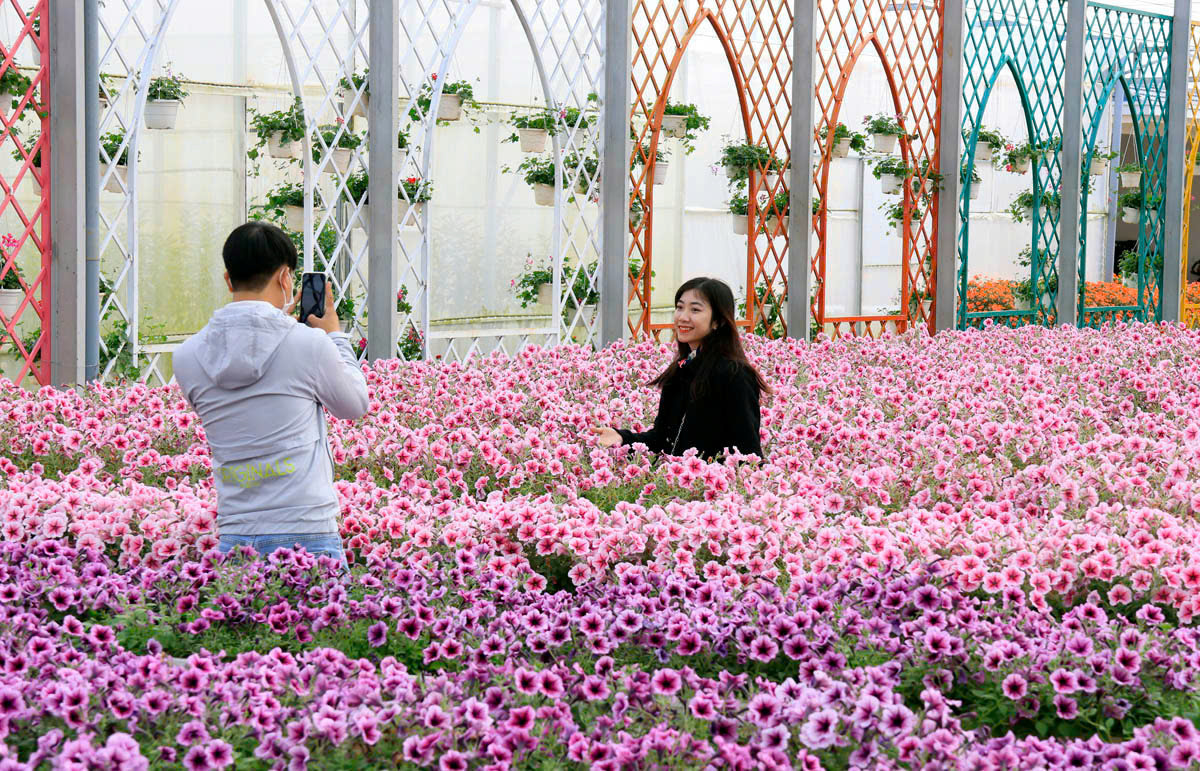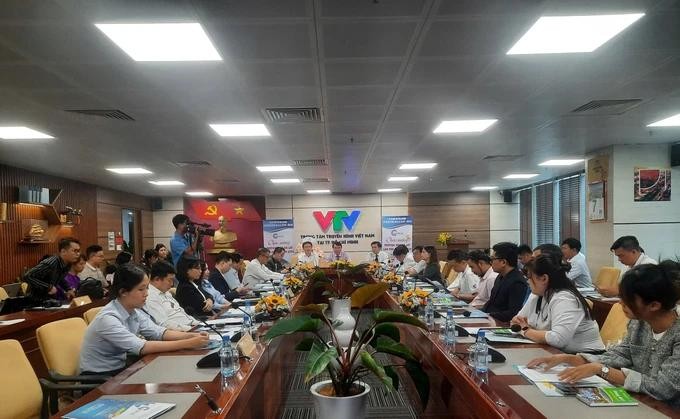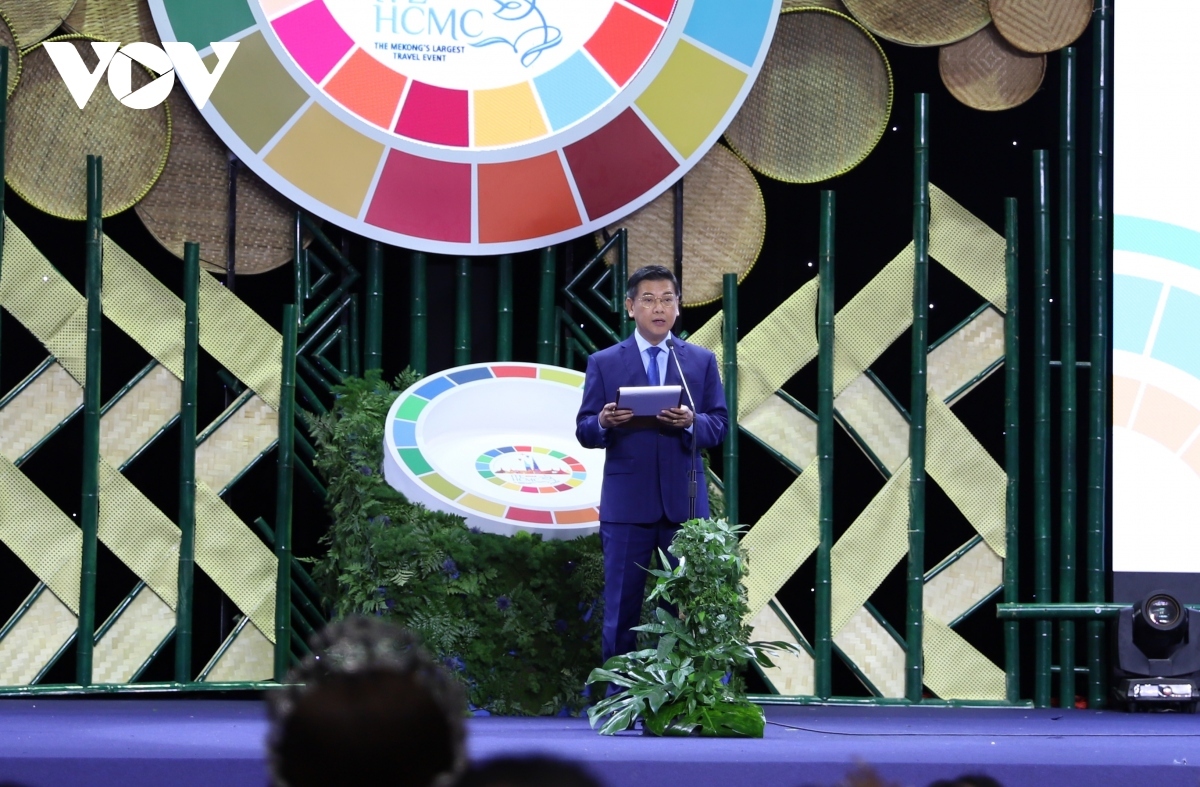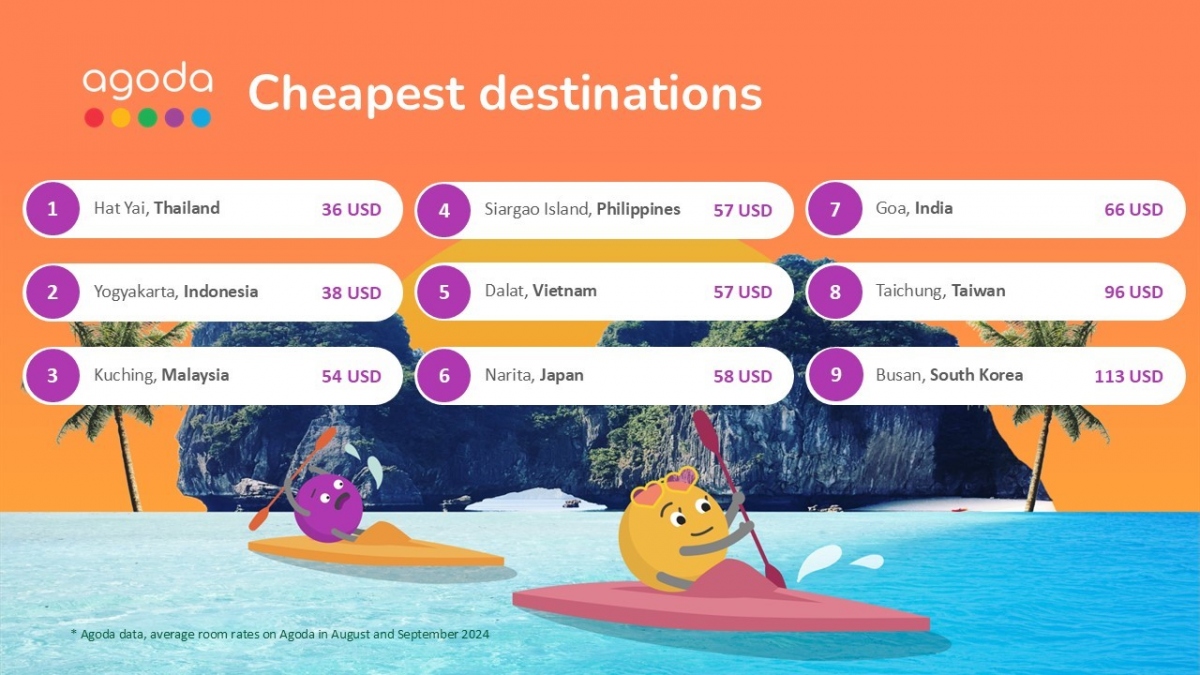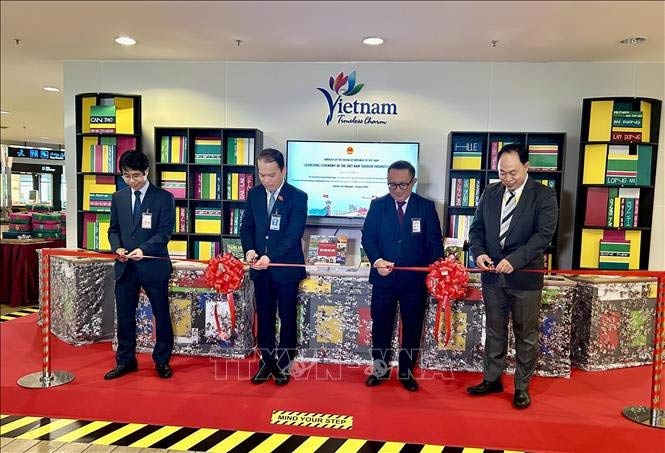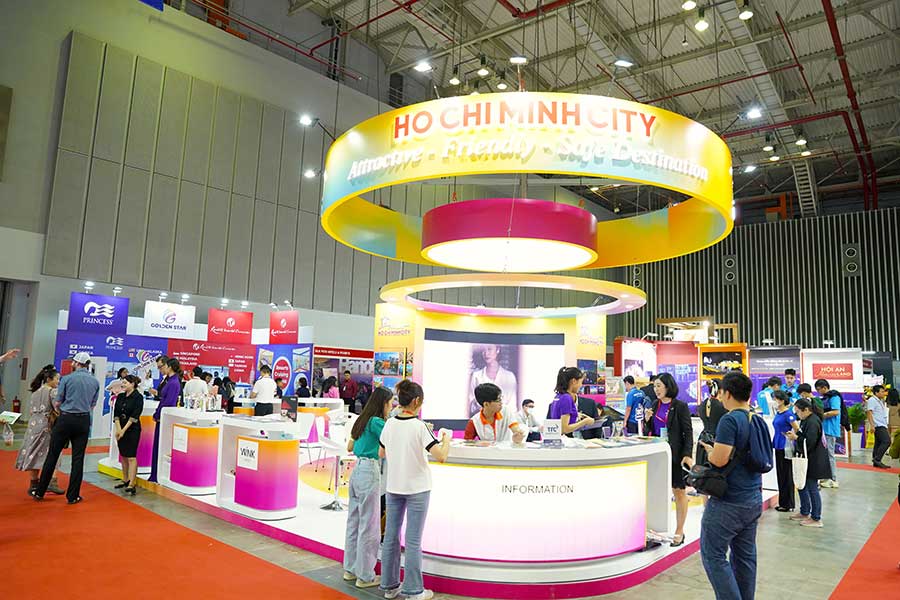Vietnam has recently welcomed a new wave of foreign direct investment (FDI) inflows as global companies move to diversify their production chain in the post-COVID-19 period, according to industry insiders.
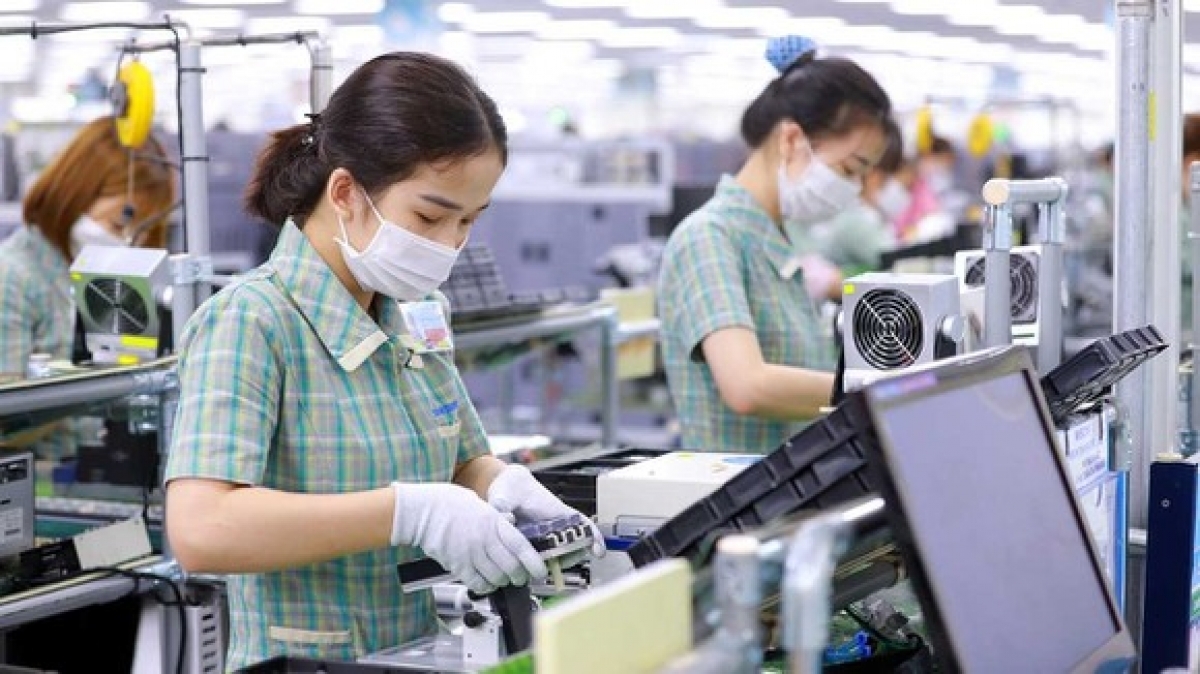
Despite newly-registered investment suffering a decline, the disbursement of FDI in the country hit US$11.57 billion in the first seven months of the year, up 10.2% on-year.
Foreign-invested businesses have been constantly increasing their investment in the Vietnamese market and expanding projects, thereby highlighting their great confidence in the national economy and the country’s business climate.
Most notably, Samsung Electro-mechanics Vietnam has raised their investment twice, with US$920 million and US$267 million in Thai Nguyen province, while Samsung HCMC Electronics CE Complex Co., Ltd. also moved to increase its capital to over US$841 million.
Furthermore, Samsung has also lifted its capital for three plants manufacturing electronics, network equipment, and multimedia audio products in the localities of Bac Ninh, Nghe An, and Hai Phong, with additional investment of close to US$306 million, US$260 million, and US$127 million, respectively.
Moreover, the northern province of Quang Ninh granted new investment licenses to two projects worth over US$55.5 million on producing solar panels and building factories, warehouses, and offices.
The northern port city of Hai Phong also presented investment licences to six projects with a total investment of VND4.597 billion, as well as five other projects exceeding US$231 million.
Nguyen Anh Tuan, deputy director of the Foreign Investment Department under the Ministry of Planning and Investment, pointed out that the country has seen a wealth of opportunities to receive a fresh wave of FDI moving into the post-pandemic period, with a specific focus on key manufacturing industries such as food processing, electronic equipment and components, e-commerce and logistics, and automobiles.
Vietnam is anticipated to have the chance to keep up with the trend of shifting global production chains in order to attract foreign capital and develop some new fields in the Vietnamese market, including medical equipment, biology, pharmaceutical chemistry, biochemistry, pharmaceuticals, and information technology products, Tuan added.
Nguyen Van Toan, vice chairman of the Vietnam Association of Foreign Invested Enterprises (VAFIE), revealed that the local infrastructure system, especially road traffic, seaports, and the capacity of supplying human resources, has been significantly improved.
In line with this, the Government has created a favourable and open business environment which is similar to international practices, thereby facilitating foreign investors’ activities throughout the country.
Deputy Minister of Planning and Investment Tran Quoc Phuong emphasized that industrial parks and economic zones represent key regions which have attracted a large source of domestic and foreign investment, thereby becoming leading destinations for several major corporations such as Samsung, Canon, LG, Sumitomo, and Foxconn.
At present, industrial parks and economic zones have attracted more than 10,000 domestic projects and nearly 11,000 valid FDI projects with a total registered investment capital of roughly US$340 billion, of which, total FDI capital hit approximately US$230 billion.
Japan’s Onaga Company has recently received an investment certificate for an aeronautical and automotive component manufacturing plant located in the Hanoi Southern Support Industrial Park (HANSSIP).
Onaga Masaru, chairman of Onaga Company, highlighted the Vietnamese market’s potential, which annually imports components for cars, motorcycles, and machinery of all types worth US$100 billion , as well as local authorities’ incentive policies for investors.
Narukama Hiromitsu, general director of Mitsui&Co. Vietnam Ltd., a member of the Board of Directors of the Japan Business Association in Vietnam, revealed that Japanese firms have expanded their business to Vietnam, adding that they still face numerous challenges related to investment licenses and issues on labour tax and energy infrastructure.
He therefore proposed the establishment of a "one-stop shop" mechanism for FDI projects to simplify the existing cumbersome licensing procedures, noting that the nation needs to deploy the digitalisation of public administrative services to further improve the local investment environment and enhance its international competitiveness in the future.
https://english.vov.vn/





